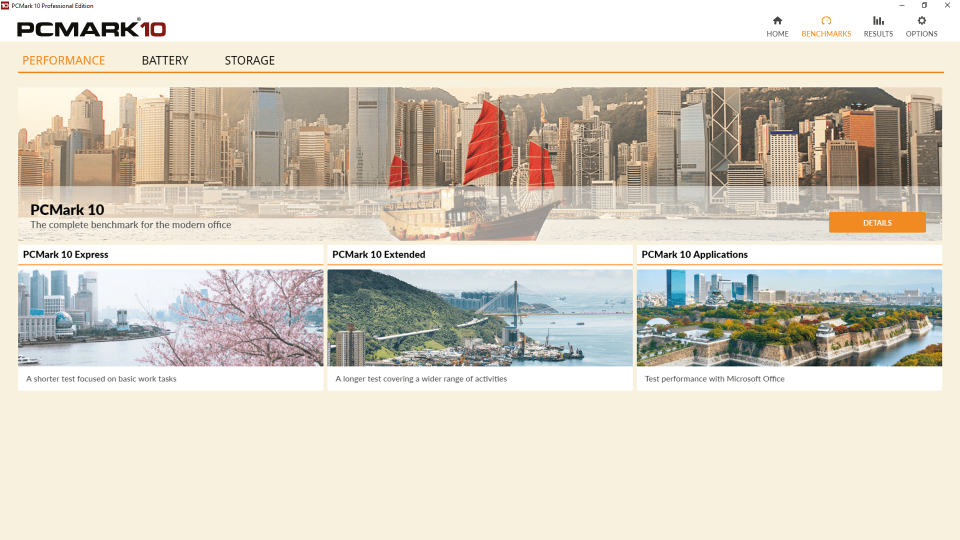

If you overclock your graphics card, or modify any of its settings, you can come back to this benchmark and see what affect those changes had. After running, it’ll spit out a score that you can compare against other systems. We recommend starting with the “1080p Extreme” benchmark.
#Pcmark 10 does not start free
Scads of different GPU benchmarks exist, but today we’ll focus on Unigine’s free Superposition benchmark. It’s the crown jewel in any gamers PC, and it’s only fitting that your GPU is also the most rewarding item to benchmark. Benchmark your graphics card with SuperpositionĪh, the graphics card. By using Cinebench, you can see the direct affect that options like those have on both raw CPU performance and CPU thermals. For example, sometimes certain settings in your motherboard BIOS (such as AMD’s “PBO” or Intel’s “MCE” automatic overclocking) can give you varying performance and higher temperatures.
#Pcmark 10 does not start Pc
Another huge benefit of benchmarking your PC is the ability to monitor overall system health, which can be very important to help you isolate troublesome issues. They’re both free and can provide deeper insights on thermals, frequencies, etc., though they’re not necessary to successfully use Cinebench.Īfter running the benchmark, Cinebench lets you compare your scores to other users with the same CPU online -a fun way to gauge gains if you’re overclocking.
#Pcmark 10 does not start software
This widely used tool not only gives benchmarks for both multi-threaded and single-threaded CPU performance, it can also test the stability of your system at the same time with a 10 minute stress test that helps you gauge your CPU temperatures when paired with monitoring software like HWInfo or Hardware Monitor. Several CPU benchmarks exist but we recommend using Maxon’s free Cinebench R23 software. Let’s start with the beating heart of your computer.

We’ll discuss more intricate details for each of the main components in turn, but here’s a cheat sheet for the hardware types we’ll be covering and their recommended benchmarking software pairing. Don’t worry though! It’s usually free and very easy to do, as the benchmarking software will do all that science and math for you.Īlong with performance, benchmarking can also test for temperatures, thermal throttling, and even overall PC stability as a side benefit. What is benchmarking? It involves using specific software to test the speed of each individual component inside your computer, such as your CPU, GPU, and SSD, or even how everything works together. Today we’ll show you the best software for benchmarking your PC. Much like a virtuoso pianist will practice his scales to see how fast he can do them, you too can test your PC to see if it’s ready for Carnegie Hall-like levels of performance. You’ve spent months planning, researching, and painstakingly putting together every component in your beloved gaming rig.


 0 kommentar(er)
0 kommentar(er)
